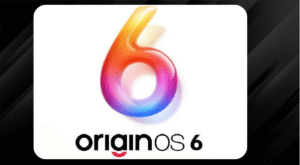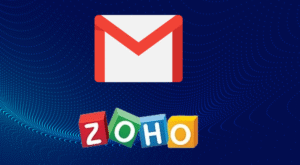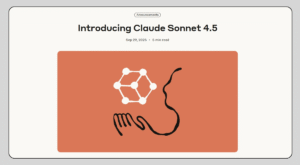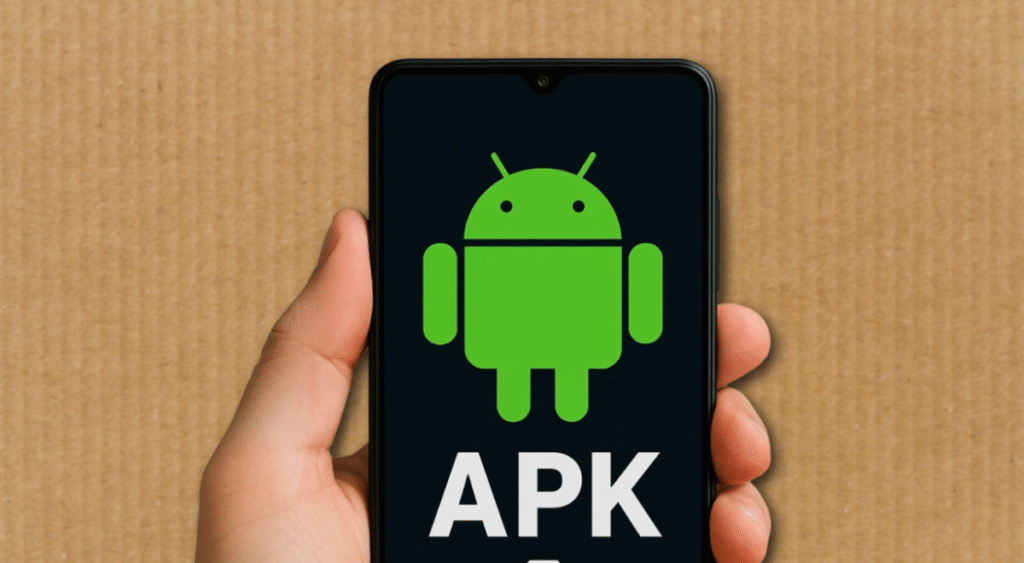
A Major Shift in Android’s Open Ecosystem
Google has announced a new verification system for sideloading apps on Android smartphones, changing one of the platform’s most distinctive features. Starting in March 2026, only apps from verified developers will be allowed to be sideloaded onto certified Android devices.
This move is aimed at reducing malware risks, preventing scams, and ensuring greater accountability among developers. While Android will still support sideloading and third-party app stores, developers will no longer be able to distribute apps anonymously.
Developer Verification Through a New Console
To comply with the new rules, developers distributing apps outside of the Google Play Store must undergo identity verification through a new Android Developer Console. This process will be similar to the existing Google Play Console, but more streamlined and specific to sideloaded app distribution.
Verification will require developers to provide personal or organizational details, ensuring that users know who is behind the app.
Timeline of Enforcement
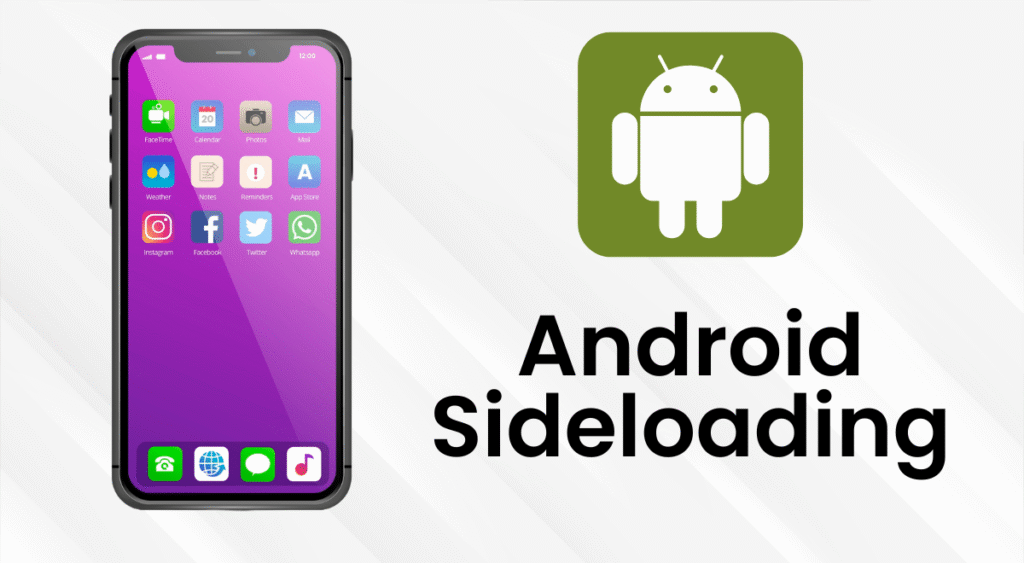
Google has set a clear roadmap for the rollout:
- October 2025: Early sign-up for developer verification begins.
- March 2026: Verification becomes mandatory for all developers distributing apps outside of the Play Store.
- September 2026: Initial enforcement begins in Brazil, Indonesia, Singapore, and Thailand — markets with historically higher scam activity.
- 2027 onwards: A global rollout will follow, gradually covering all certified Android devices worldwide.
Why This Matters
For years, Android has stood out from iOS by allowing users the freedom to sideload apps and use third-party app stores. However, this freedom has also led to widespread malware attacks, fraudulent apps, and scams.
Google’s new policy is an attempt to balance openness with user safety, discouraging bad actors from distributing malicious apps while still keeping sideloading an option for legitimate developers.
Impact on Users and Developers
- Users will benefit from safer sideloading experiences, with fewer chances of downloading harmful apps.
- Developers will face an additional compliance step, but verified status could boost trust in their apps.
- Anonymous app distribution will effectively come to an end, marking a cultural shift in Android’s developer ecosystem.
Disclaimer:- This article is intended for informational purposes only. The details mentioned are based on Google’s announcements and official timelines. It should not be considered as legal, financial, or technical advice. Developers are advised to review Google’s official documentation for full compliance guidelines.

